18 Foods High In Antioxidants—And Why You Should Eat More Of Them
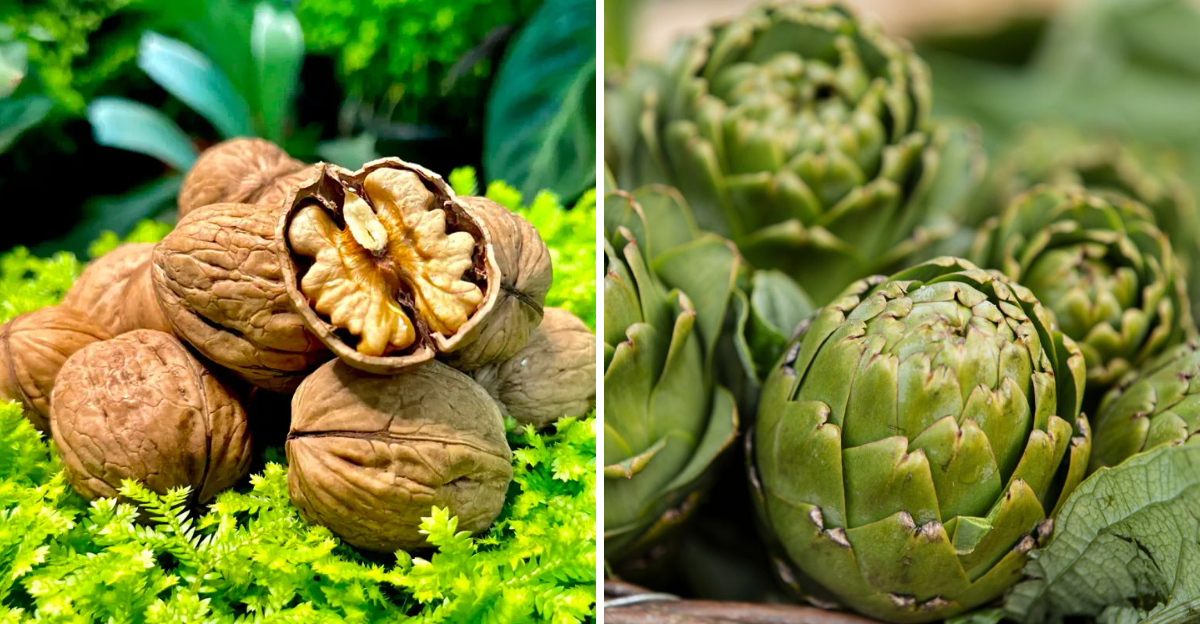
Antioxidants are crucial compounds that help combat oxidative stress in our bodies, reducing the risk of chronic diseases. Incorporating foods rich in antioxidants into your diet is a delicious way to boost your health. This guide explores 18 potent sources of antioxidants and explains why they deserve a place on your plate.
1. Blueberries
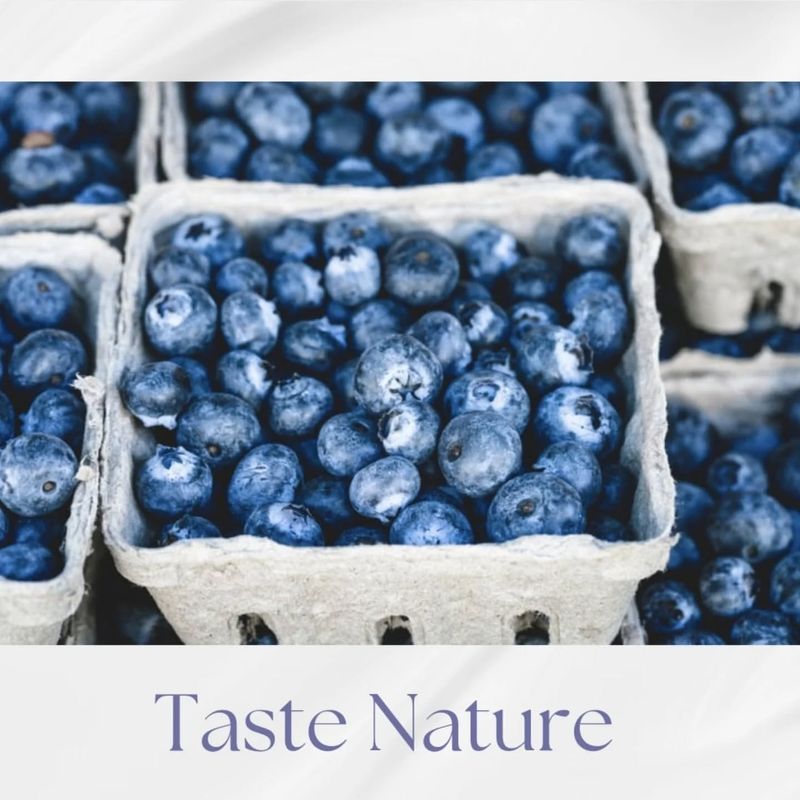
Blueberries, often dubbed a superfood, are rich in antioxidants, particularly anthocyanins. These compounds give blueberries their deep blue color and provide numerous health benefits.
Consuming blueberries can help reduce oxidative stress, improve cardiovascular health, and enhance brain function. They’re a versatile fruit and can be added to smoothies, yogurt, or eaten on their own.
By including a serving of blueberries in your daily diet, you can enjoy a tasty and health-boosting treat that supports overall well-being.
2. Dark Chocolate

For chocolate lovers, dark chocolate is a delightful source of antioxidants. It’s rich in flavonoids, which are known to improve heart health by reducing blood pressure and improving blood flow.
Dark chocolate with a high cocoa content is also linked to better cognitive function and protection against certain diseases.
Indulging in a small piece of dark chocolate daily can satisfy your sweet tooth while providing health benefits, making it a guilt-free pleasure.
3. Strawberries

Strawberries are not just deliciously sweet; they’re packed with antioxidants like vitamin C and polyphenols. These compounds help protect the heart and promote healthy skin.
Regular consumption of strawberries has been associated with lower inflammation levels and improved cholesterol profiles.
Enjoy them fresh, as a topping on cereal, or in a refreshing salad to reap their numerous health advantages.
4. Walnuts
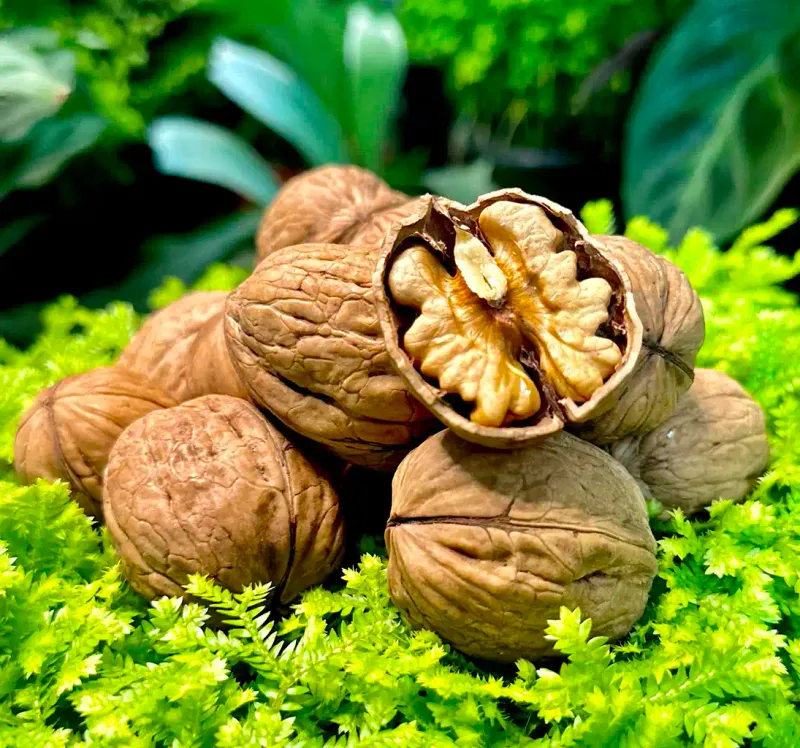
Walnuts are a powerhouse of antioxidants, including polyphenols and vitamin E. These nuts support heart health, reduce inflammation, and improve brain function.
Incorporating walnuts into your diet can also help in weight management and reduce the risk of chronic diseases.
Snack on a handful of walnuts or add them to salads and baked goods for a nutritious boost.
5. Artichokes
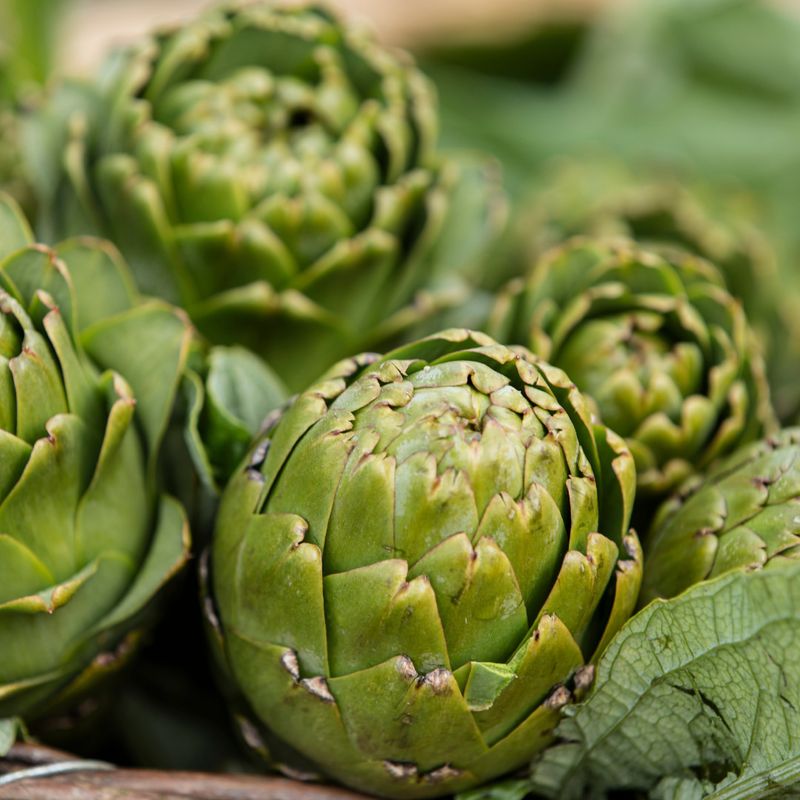
Artichokes are surprisingly high in antioxidants, notably chlorogenic acid and flavonoids. These compounds contribute to liver health and aid digestion.
Regular consumption of artichokes can lower bad cholesterol levels and support cardiovascular wellness.
Steam them as a side dish or use them in dips to enjoy their unique flavor and health benefits.
6. Spinach

Spinach is a leafy green loaded with antioxidants like lutein and zeaxanthin. These nutrients are vital for eye health, protecting against age-related macular degeneration.
Spinach also supports bone health and boosts the immune system.
Add spinach to smoothies, salads, or sauté it as a side dish to harness its nutritional power.
7. Pecans

Pecans are not only delicious but also rich in antioxidants such as vitamin E and phenolic acids. These compounds help lower cholesterol and support heart health.
They provide essential nutrients that fight inflammation and promote brain health.
Incorporate pecans into your diet by adding them to baked goods or enjoying them as a crunchy snack.
8. Kale

Kale, a popular superfood, is loaded with antioxidants, including quercetin and kaempferol. These nutrients play a role in reducing inflammation and lowering the risk of chronic diseases.
Kale is also rich in vitamins and minerals that support overall health.
Incorporate kale into your meals by making salads, smoothies, or kale chips for a nutritious snack.
9. Raspberries
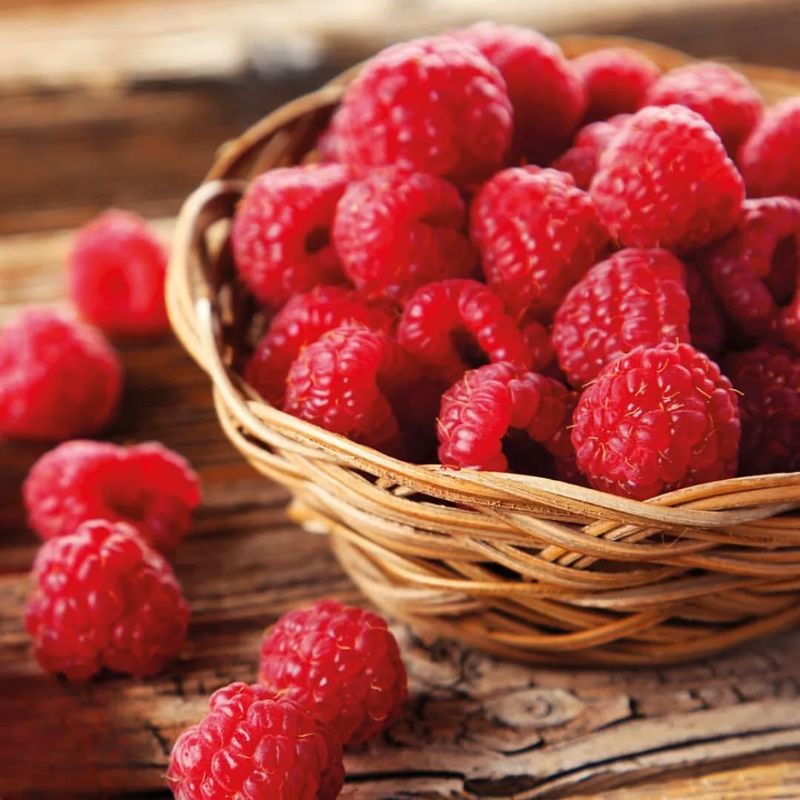
Raspberries are packed with antioxidants like vitamin C and quercetin, which provide anti-inflammatory and anti-cancer benefits.
These berries also contribute to improved gut health and better blood sugar management.
Enjoy raspberries as a sweet treat, add them to yogurt, or blend them into smoothies for a healthy boost.
10. Red Cabbage
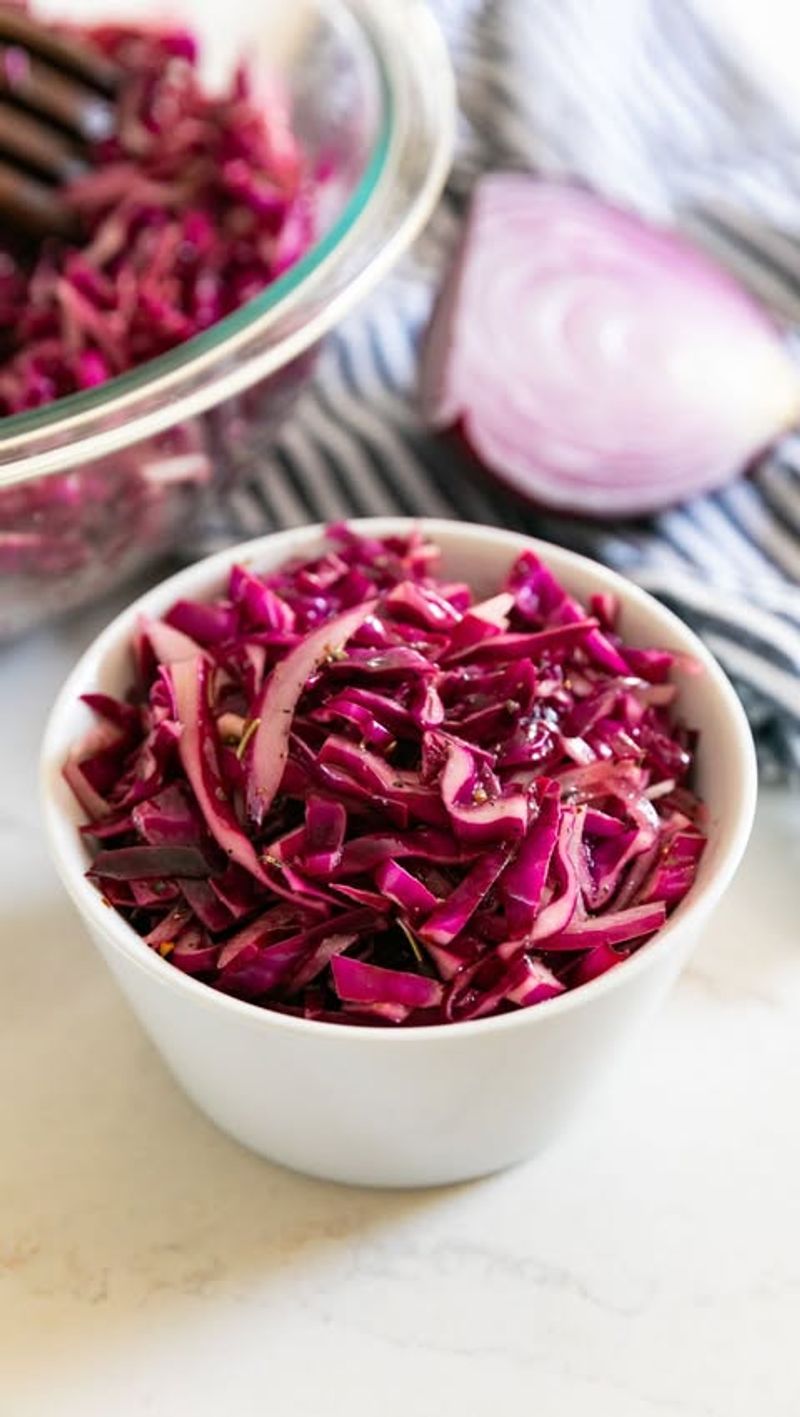
Red cabbage is a colorful vegetable rich in antioxidants, including anthocyanins. These compounds have been linked to heart health and improved brain function.
Red cabbage is also a good source of vitamins C and K, further enhancing its health benefits.
Use red cabbage in slaws, salads, or stir-fries to add color and nutrition to your meals.
11. Beans

Beans, including black beans and kidney beans, are excellent sources of antioxidants like polyphenols. These compounds help reduce inflammation and support heart health.
Beans are also rich in fiber and protein, making them a filling addition to meals.
Incorporate beans into soups, stews, or salads for a nutritious and satisfying dish.
12. Beets

Beets are a vibrant root vegetable high in antioxidants such as betalains. These compounds help fight inflammation and support detoxification processes in the body.
Beets are also known to improve blood flow and lower blood pressure.
Enjoy them roasted, in salads, or as a natural sweetener in baked goods for a healthful boost.
13. Apples
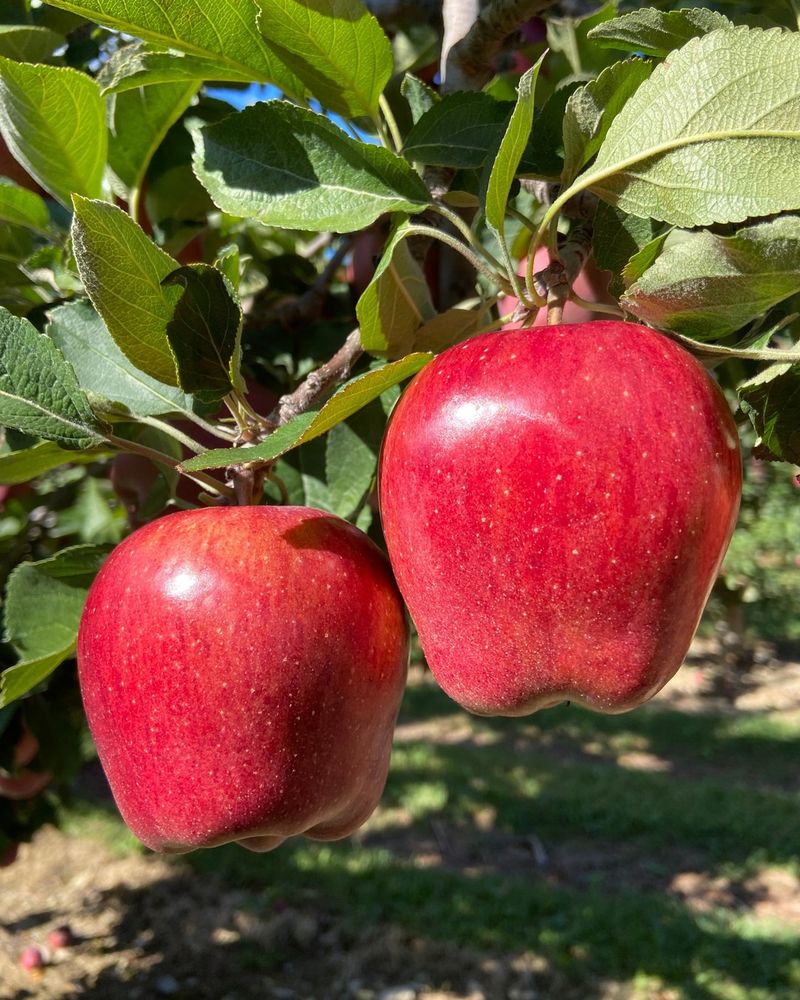
Apples are a convenient and tasty source of antioxidants like quercetin. These compounds have been associated with reduced risk of heart disease and improved lung function.
Apples also provide fiber, which promotes healthy digestion.
Enjoy them as a quick snack, in salads, or baked into desserts for a delicious and healthful treat.
14. Goji Berries
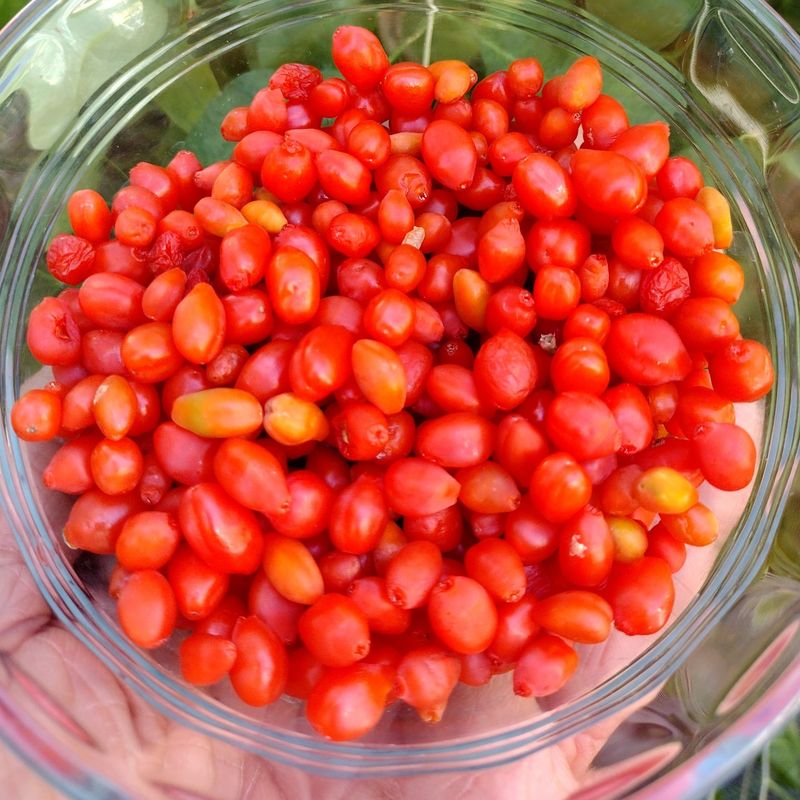
Goji berries are small but mighty when it comes to antioxidants, particularly zeaxanthin. These berries are known for their immune-boosting and anti-aging properties.
Consuming goji berries can also support eye health and protect against chronic diseases.
Add them to smoothies, oatmeal, or enjoy them as a dried snack for a nutritious boost.
15. Plums
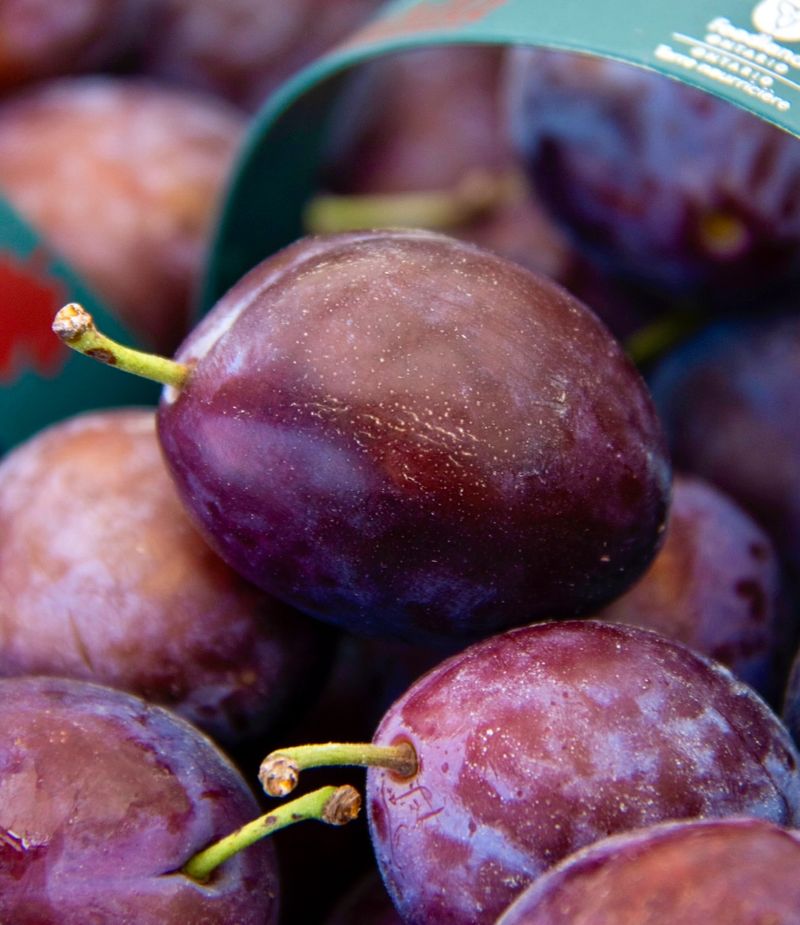
Plums are rich in antioxidants such as vitamin C and phenolic compounds, which help combat oxidative stress and inflammation.
These juicy fruits also promote digestive health and improve iron absorption.
Snack on fresh plums, add them to salads, or bake them into desserts for a sweet and healthy treat.
16. Oranges
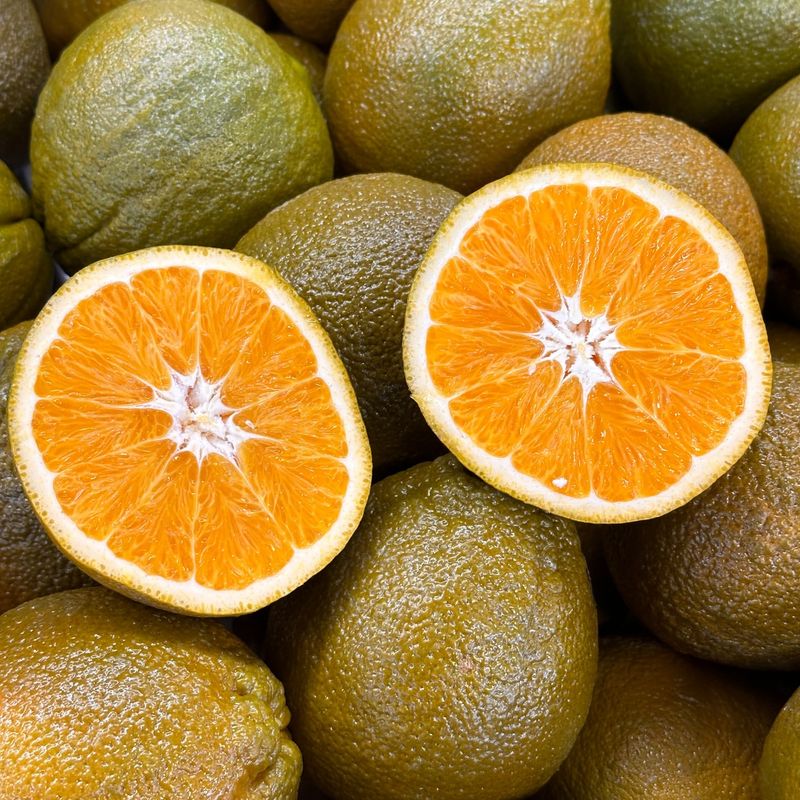
Oranges are well-known for their high vitamin C content, an antioxidant that supports immune function and skin health.
They also contain flavonoids that provide additional health benefits, including heart protection.
Enjoy oranges as a refreshing snack, in juices, or as part of a fruit salad to boost your antioxidant intake.
17. Broccoli

Broccoli is a cruciferous vegetable loaded with antioxidants like sulforaphane. These compounds are known for their cancer-fighting properties and support of the body’s detoxification processes.
Broccoli is also rich in vitamins and minerals that promote overall health.
Include broccoli in stir-fries, salads, or enjoy it steamed as a nutritious side dish.
18. Cherries
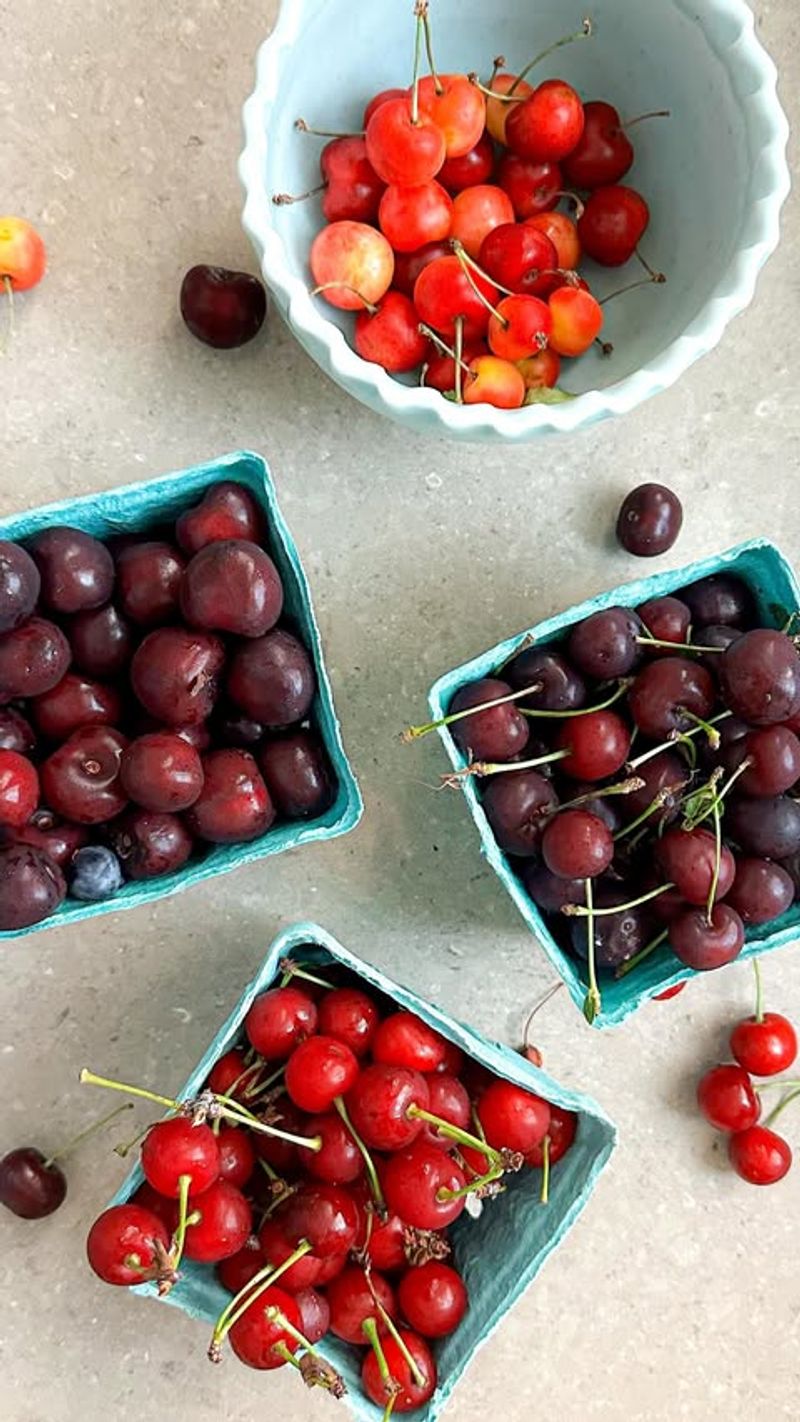
Cherries are not only delicious but also high in antioxidants, particularly anthocyanins and vitamin C. These compounds help reduce inflammation and muscle soreness.
Regular consumption of cherries is linked to improved sleep quality and heart health.
Enjoy cherries fresh, in desserts, or as juice for a sweet and healthful treat.
